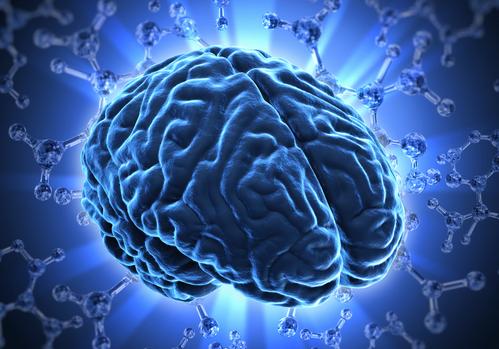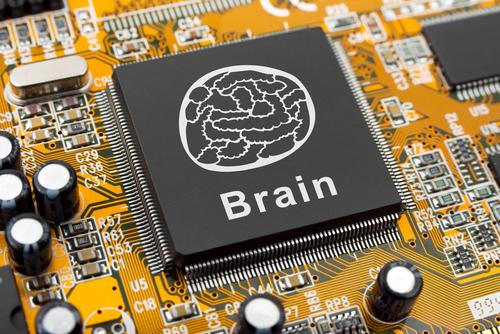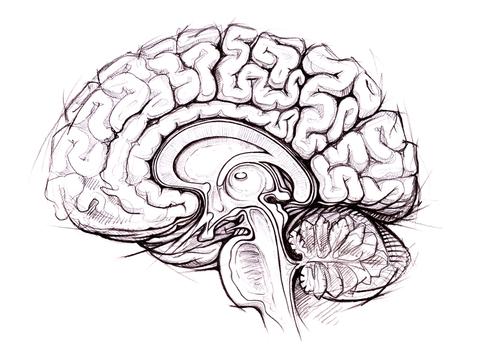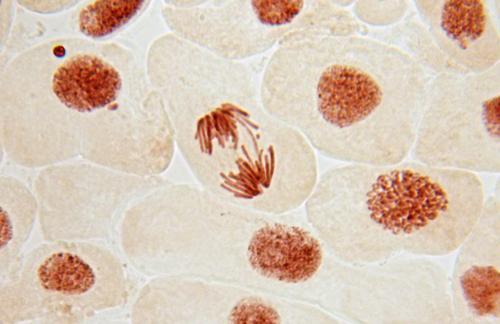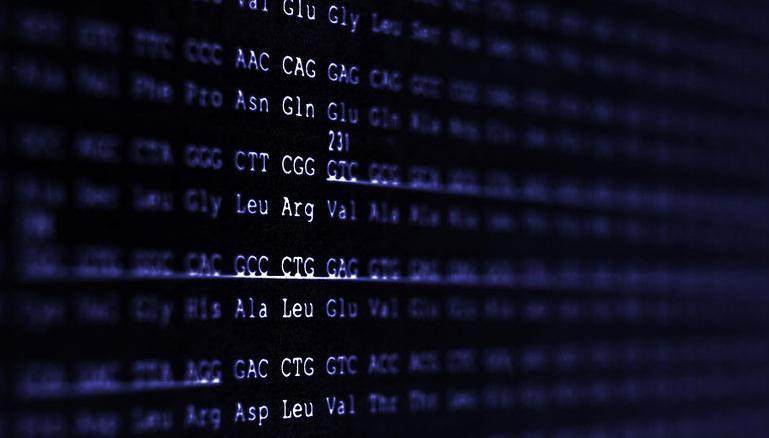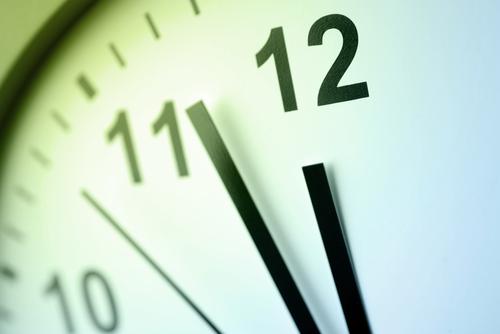Surprising Science
All Stories
You can’t put more of your brain to work, says Johns Hopkins cognitive scientist Barry Gordon. You can, however, learn to make it work more productively. Here are three solutions.
The subconscious has an uncanny processing power which translates data into feeling rather than syllogistic chains. In many cases, emotion succeeds where rationality does not.
Swiss scientists are vying for $1.3 billion dollars in grant funds to construct an artificial human brain. The open source coding for the brain would be made available to all researchers.
Metacognition is the science of introspection. How well we know ourselves compared to how well we think we know ourselves could have profound consequences for medicine and philosophy.
A global organization called Friends of Science in Medicine, of which several prominent physicians are a member, is fighting to take alternative medicine curriculum out of universities.
MIT scientists have developed a way to deliver messages to cancer-causing genes using a method known as RNA interference. The tool could help treat neurological and immune disorders, too.
Body sensors linked with mobile devices are increasingly able to measure changes in your body. For those experiencing stress-related disorders, it could mean a new way of treatment.
Will advances in genetics that allow individuals to be treated for disease according to their unique DNA bring about the end of medicine? Some doctors are wildly optimistic. Others, not.
“If you can’t say Fuck, you can’t say, Fuck the government.” — Lenny Bruce In this video, Lenny Bruce excoriates the cultural impulse to censor “dirty words” over violent images, which […]
3D printers have moved quickly from the industrial scale to home use but, despite futurists’ claims to the contrary, they are not quite ready to make you a tea, earl gray, hot.
The United Nations has raised the profile of asteroid 2011 AG5 which, measuring 460 feet wide, could be set on a collision course with Earth if it is further influenced by the planet’s gravity.
Two American physicists have put forward a new theory of how the first planets formed which reverses many aspects of the old model left unchanged for nearly 40 years.
Offshore wind farms have access to stronger, more consistent winds and new technology will allows them to float in the sea. Next, wind farms may fly to capture atmospheric winds.
Under certain circumstances, giving authorities the password to encrypted computer files is the same as giving testimony against yourself, which is protected by Fifth Amendment.
Japanese scientists have uncovered that the body overcompensates for the drain of physical activity by pumping the brain full of glycogen, a carbohydrate that acts as an energy store.
Despite the chorus of neuroscientists who say they are finally unraveling the mind’s mysteries, do we understand ourselves better as a clump of cells and a blur of electricity?
The study of brain chemistry is the latest doubt cast over the idea that humans have a free and independent will. Now, thinkers are poking holes in what was once an air-tight case.
Doctors have successfully transplanted human windpipes grown in laboratories but vital organs, like hearts and kidneys, are much more complex. How far away is that technology?
Scientists have discovered how to inhibit the activity of pain-sensitive neurons by using a chemical compound that works like a photosensitive switch, turning pain off when exposed to light.
Companies are beginning to capitalize on the computing power of your smartphone to create new medical instruments—hardware and software—transforming the way we understand medicine.
Will longer working lives – like longer working hours – mean fewer people being employed? We’re almost certain to find out, as Malthus rears his well-coiffed head again.
Why is there something rather than nothing? For starters, why do we think nothing is a more natural state than something? Physicists are answering old questions in brand new ways.
The space telescope has worsened NASA’s relationships with Congress, who felt duped by the exploding cost of the project. Still, the telescope may prove an amazing technical achievement.
The winds of stellar-mass black hole have been clocked at 20 million miles per hour. Curiously, scientists say the winds carry away as much matter as the black hole draws in.
A new study says that children acquire a sense of fairness before they reach the age of two. An equal distribution of resources according to effort is innate and universal, say researchers.
Neuroscientists have used quantum dots—light-sensitive, semiconducting particles just a few nanometers in diameter—to stimulate neurons which have been damaged by disease or age.
Scientists at UCLA have found that running a mild electric current through the brain’s hippocampus improves memory function. The finding could contribute to Alzheimer’s research.
The way we diagnose depression is changing, in the laboratory and the clinic. New blood tests measure depression’s biomarkers while new diagnostic guidelines say grief is the same as depression.
Proteins which form part of the immune system change according to the time of day. Our 24-hour body-clock may soon become an important factor in administering medical treatments.
Inspired by the body’s own immune system, Harvard researchers have engineered a nanorobotic device that can deliver molecular instructions to cancer cells, ordering suicide.
